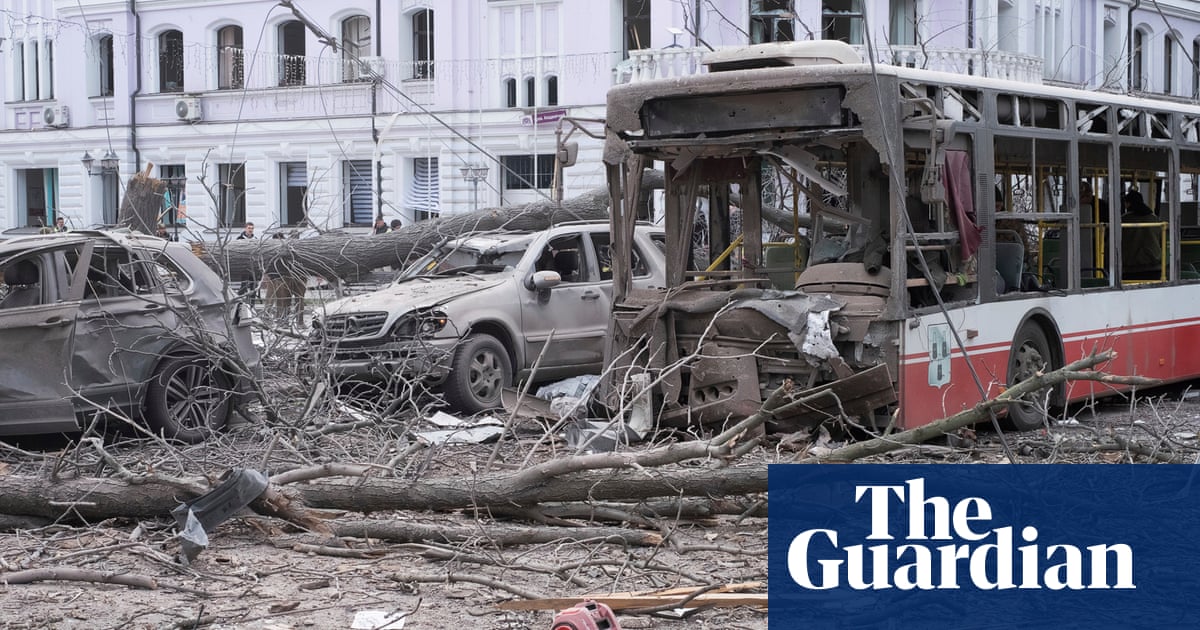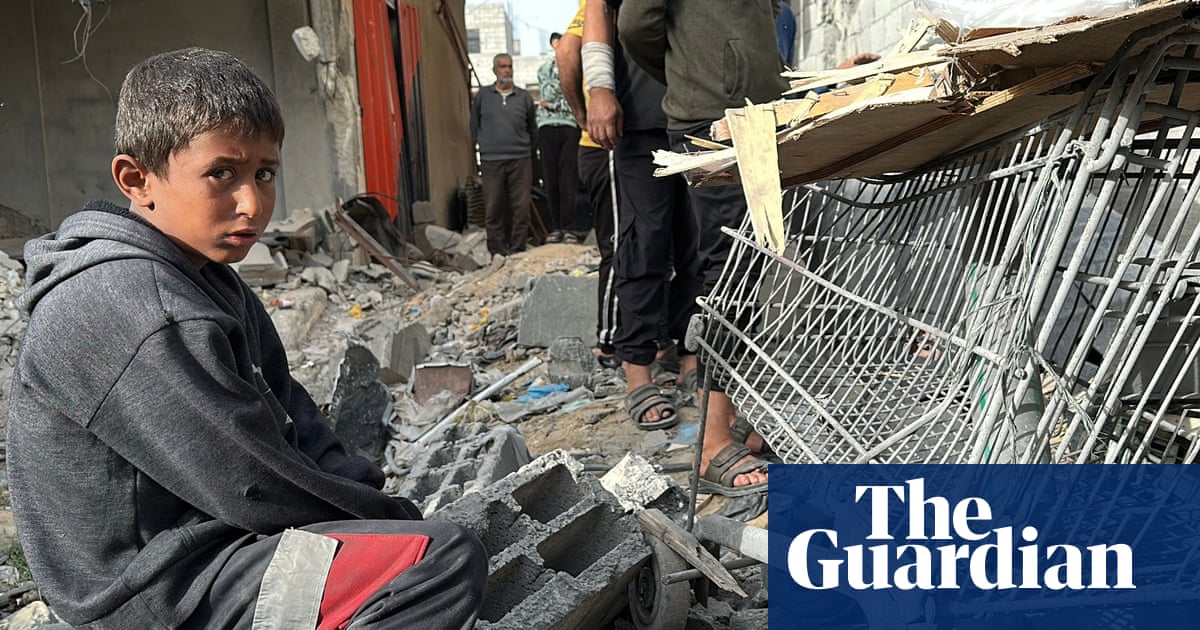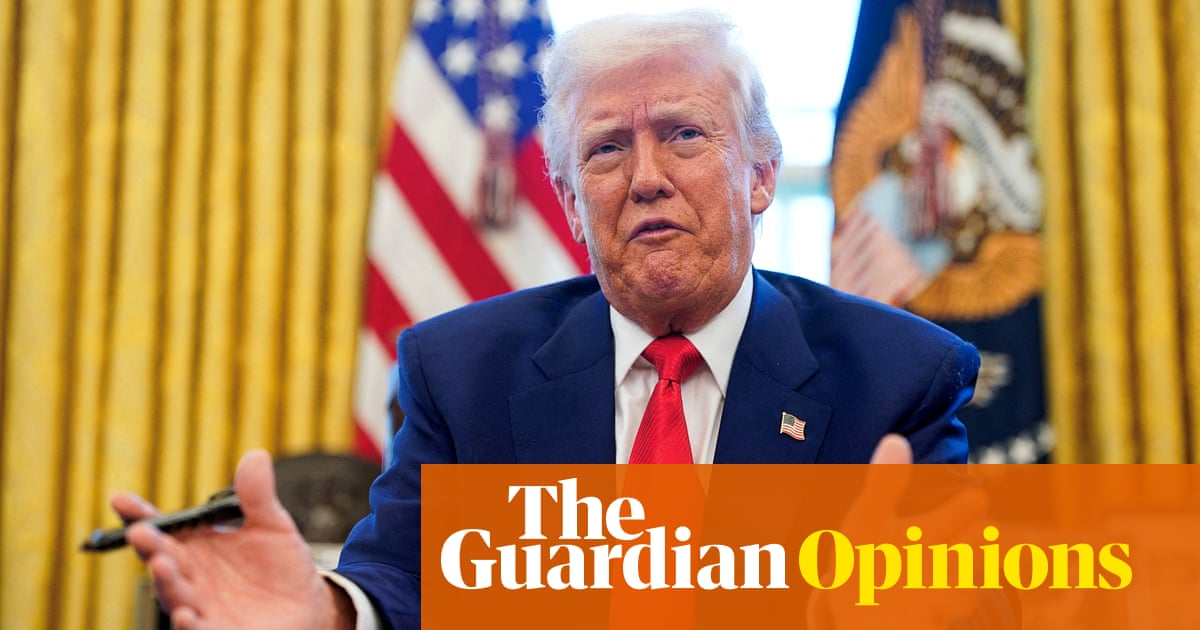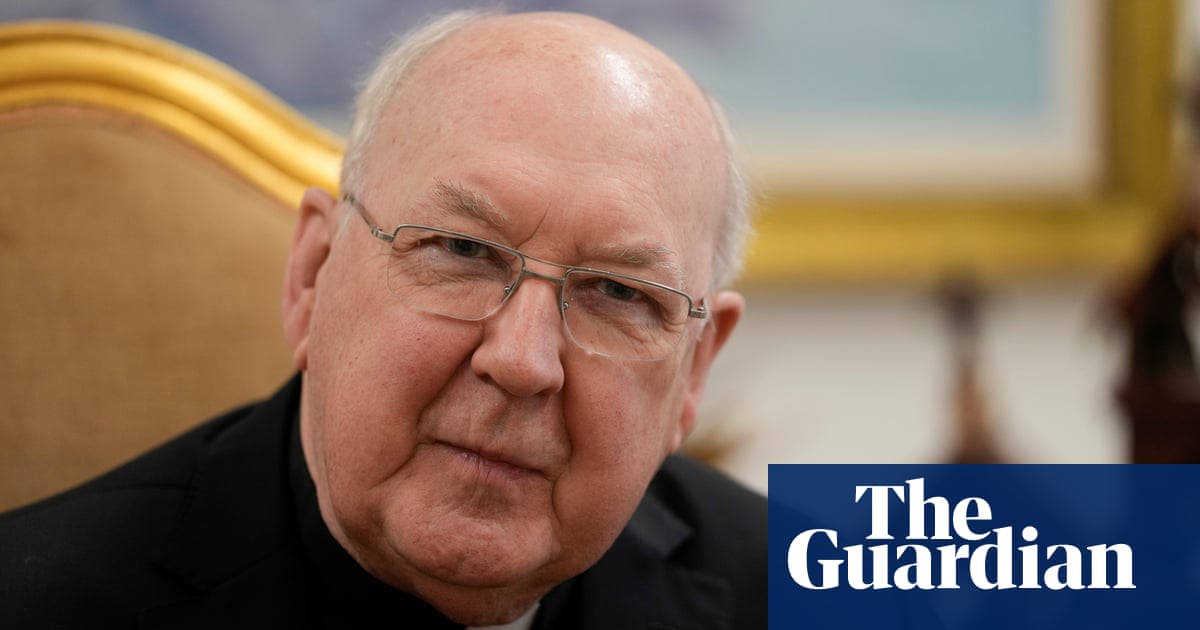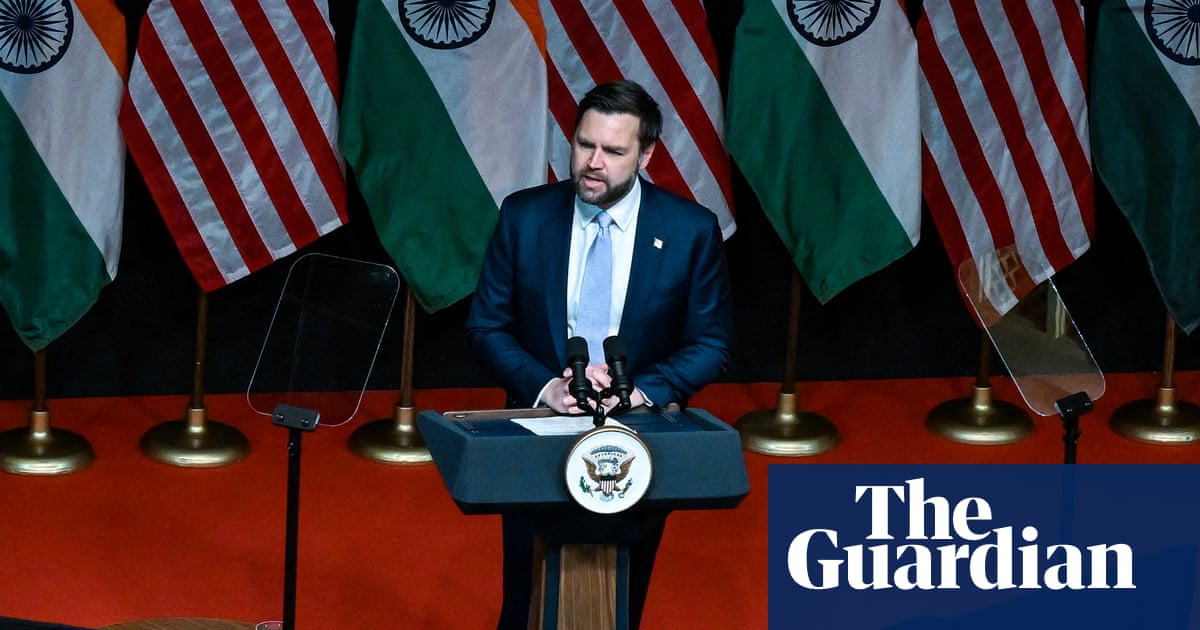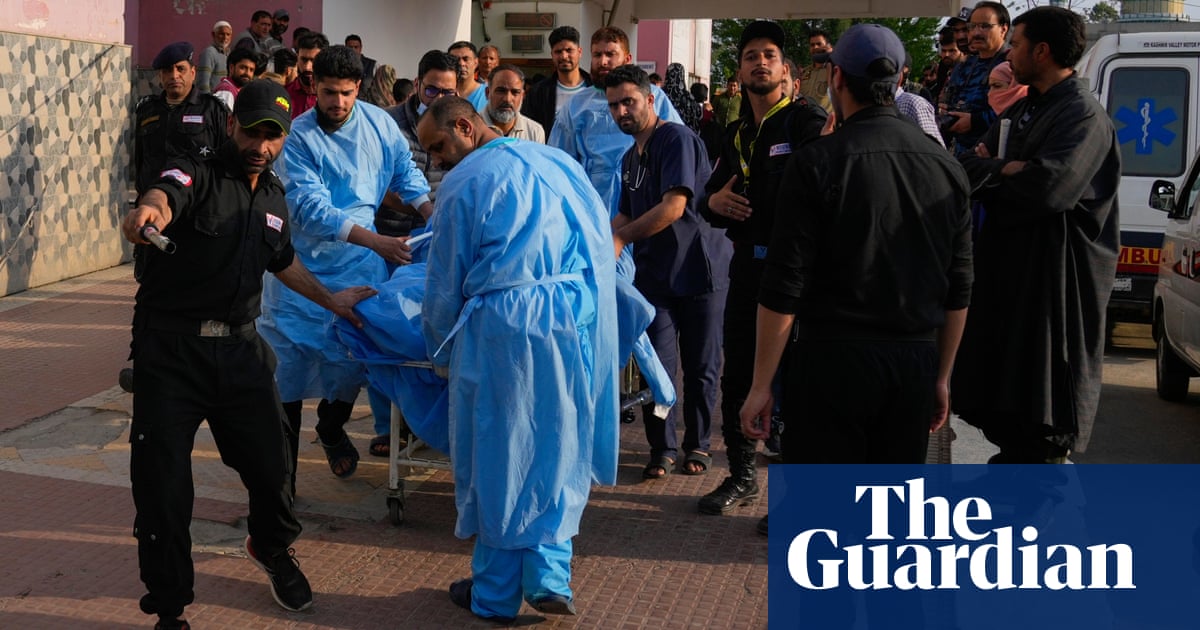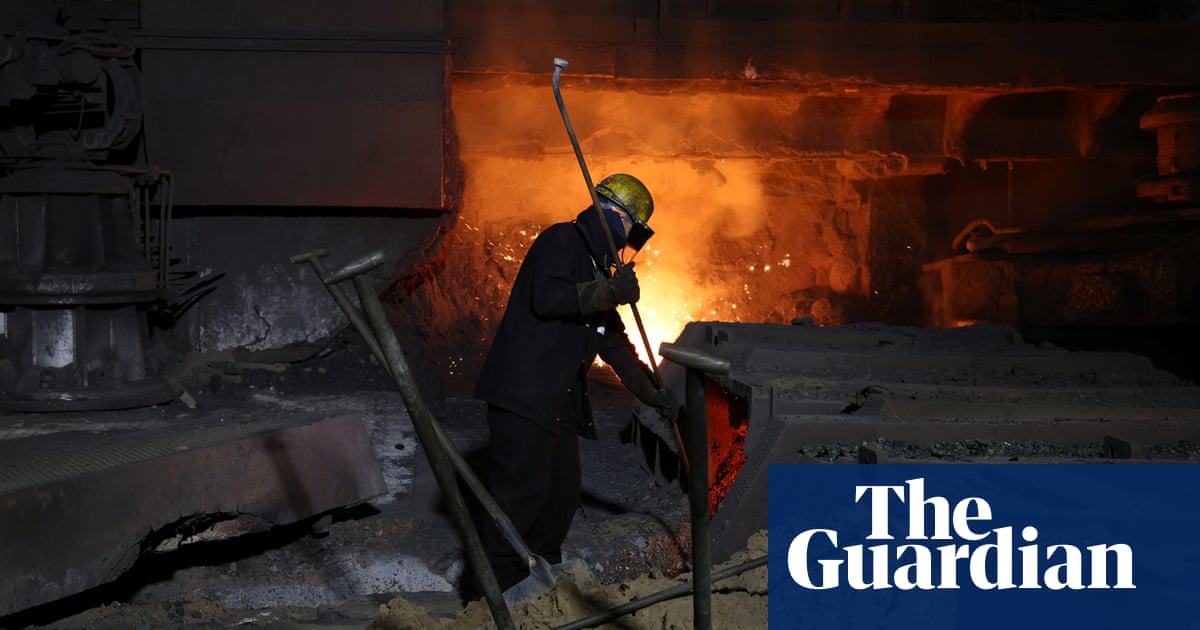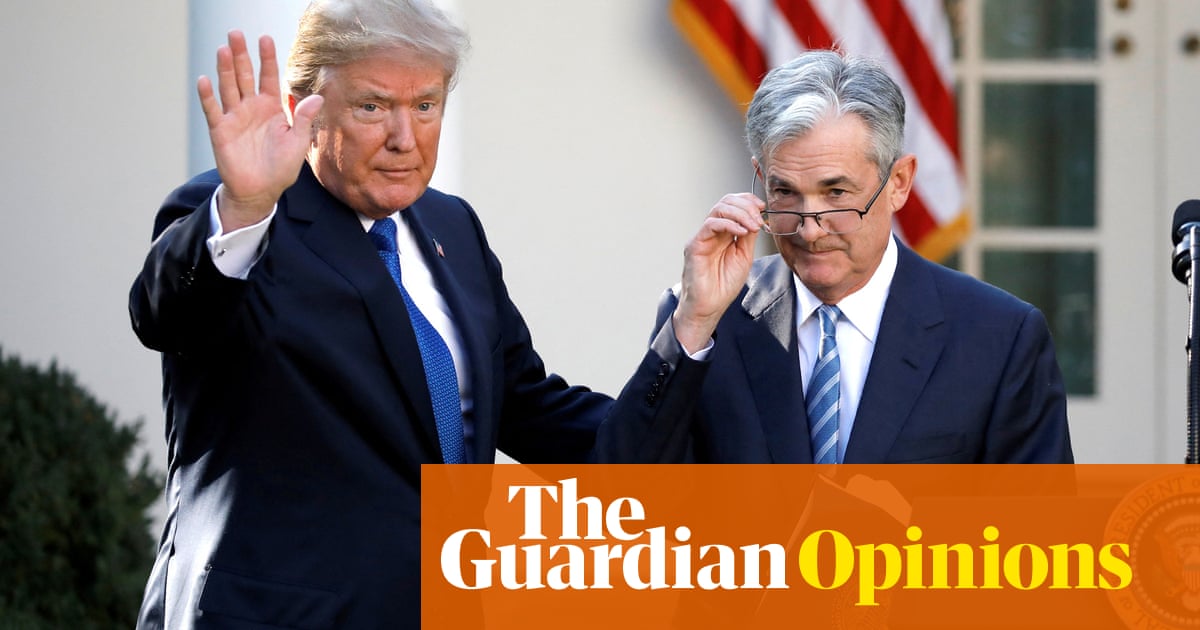Evan Hafer, a popular veteran and founder of Black Rifle Coffee, was on Joe Rogan’s podcast after the November election. As with any Maga acolyte, the US-Mexico border figured prominently in his mind.
“If we declare war on the cartel, these dudes are not going to understand what the fuck is going on. They are in for a world of ultra-violence,” said Hafer, who served in the Green Berets and the CIA.
“JD [Vance] or Trump had said something with the new guy from Ice, like: ‘We’re going to mobilize tier one units against the cartel.’”
Referring to some of the most secretive parts of the American special forces, Hafer was forecasting the next chapter in the war on drugs – actual war inside Mexico, targeting the Sinaloa, Jalisco and other major narcotics-trafficking cartels with the same famed units of the war on terror.
“Yes, that is a real thing,” he said.
While it sounded like a scene out of Sicario, Hafer’s video garnered several million YouTube views. It raises the question: what would that type of combat south of the border actually cost the US?
Now, it is a possible reality.
In one of Donald Trump’s first executive orders on Monday, he officially designated Mexican cartels terrorist organizations, joining the likes of al-Qaida and the Islamic State (Isis) – chief adversaries in more than two decades of expensive and bloody American wars.
Days later, the Pentagon followed up and announced the deployment of 1,500 active-duty troops to the border.
But experts say any American incursion into Mexico could come with serious repercussions and blowback.
Mexican drug cartels, well-armed from the heavy flow of US weapons, unhesitatingly employ retaliatory violence, and regular Americans could be caught in the crossfire – namely, tourists in vacation hot spots like Cancun, where cartel networks are already well-defined, or the many communities on the border with Mexico.
“The persistent talk of unilateral US military intervention in Mexico is dangerous,” said John P Sullivan, a former law enforcement officer in Los Angeles and a senior fellow at the Small Wars Journal-El Centro.
Sullivan said that, from a legal standpoint, the special designation does not expressly direct military actions, but he noted that calling out “cartel actions and immigration as an invasion is likely a deliberate choice to allow direct military action”.
The types of operations Hafer and Trump – who warned reporters that special forces on Mexican soil “could happen” – were describing are the same as past missions against Isis and al-Qaida . With both groups, a mixture of elite units – such as Seal Team 6 with the 2011 killing of Osama bin Laden inside Pakistan – and aerial strikes were used to pursue every level of middle- to high-ranking operative.
US intelligence compiled the so-called “kill lists” of targets, and the US Special Operations Command (Socom) mostly went about ticking them off that list. The cost was in the billions of dollars and civilian deaths were commonplace, creating a legion of new recruits that drove the very rise of Isis itself.
“While targeting cartel leadership in ‘kingpin’ operations is politically attractive, it is operationally precarious,” said Sullivan.
“Often, the displacement of capos creates a leadership vacuum, triggering infighting among cartel factions vying to replace the last leader, resulting in an elevated state of violence and insecurity in the resulting quest for power and competitive control.”
At least for now, a Socom contingent will not be part of Trump’s first deployment of soldiers to the southern border.
“There are no SOCOM troops being deployed in support of this effort,” said a public affairs officer at Socom in a statement to the Guardian.
Previously, Barack Obama as well as Trump had toyed with designating the cartels as terrorist groups, but reneged. In 2020, however, Trump still suggested missile strikes inside Mexico.
Declaring total war on Mexican cartels would also implicate the very fabric of that country: narcotics trafficking is widely believed to be one of the top employers in Mexico and contributes billions to its economy annually. Several politicians, military officials, soldiers, police and business leaders all are suspected of being on their payroll. Beyond the estimated 175,000 people working for them, cartels enjoy regional support in some areas and function as a kind of shadow, narco-state.
Further, if the US military makes good on its threat against the cartels, any and all retaliations are possible from criminal syndicates known for the beheadings of civilians. In the decades since 9/11, cartels have armed up – at least once via the US government. Some today boast of having Javelin missile launchers, armored vehicles and ex-commandos in their ranks.
“There is certainly a possibility that airstrikes and raids could eventually occur,” said Lucas Webber, a senior threat intelligence analyst at Tech Against Terrorism and a research fellow at the Soufan Center.
“Cartels may retaliate by hitting soft targets such as tourists or diplomatic targets in Mexico, possibly the soldiers the Trump administration is deploying at the shared border, or even tap networks inside the US itself.”
Webber added that the cartels are keenly “studying conflicts in Ukraine [and] Syria” and some “have been improving their drone capabilities amongst other areas of operations”.
“This further indicates how Mexican cartels are learning organizations,” he said.
On the other hand, Sullivan wasn’t convinced there was any imminent threat to US civilians inside Mexico as of yet.
“It is clear that Mexican cartels have a history of using terrorist tactics as symbolic and instrumental tools of asserting power and influencing state actions in a form of violent lobbying,” he said. “Such actions directed against American tourists are rare.”
According to Sullivan, cartels have been hesitant to engage with American law enforcement in any direct way.
He continued: “While cartels and gangs usually avoid direct confrontation with US law enforcement, they have a history of attacking Mexican law enforcement and judicial officials, as well as mayors, members of Mexico’s legislature and journalists.”
Mexican cartels’ wanton promotion of that violence takes a page out of the Isis playbook; they’re known for using social media at the local and national levels to promote snuff films of their horrific executions – all in a bid to intimidate communities and warn government forces.
Telegram and WhatsApp, as the DEA has regularly noted in its press releases, are widely used by cartels to coordinate operations and promote their strength. Some Telegram channels associated with cartel content have thousands of views and followers interacting with everything from gory kills to audio messages.
“Cartels are using a number of social media platforms and messaging applications to build support, recruit and post gruesome executions to create a chill effect for journalists, politicians, informants, prosecutors and so on,” said Webber.

.png) 2 months ago
28
2 months ago
28


